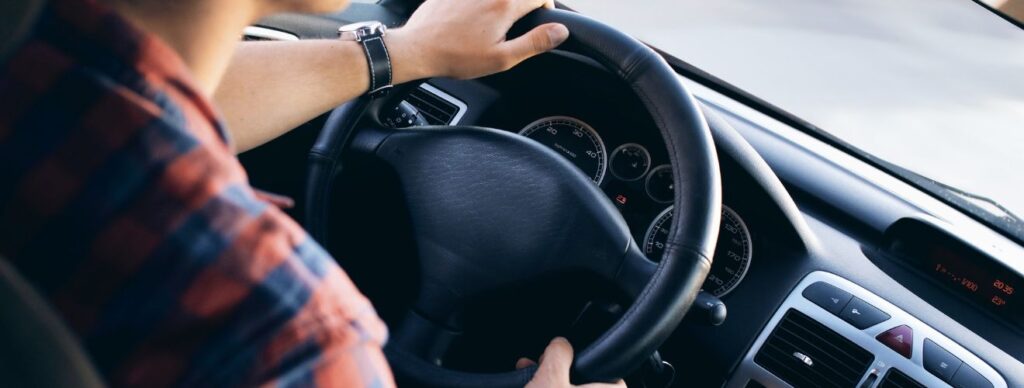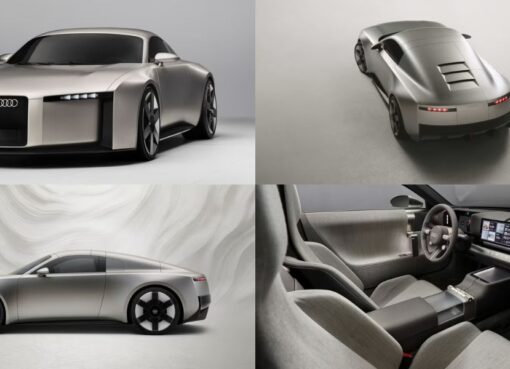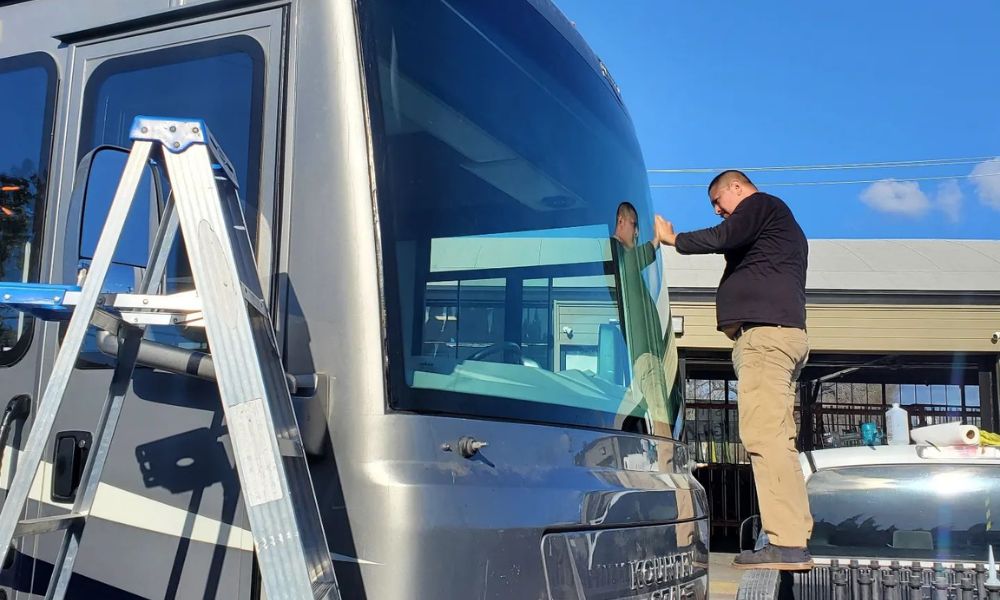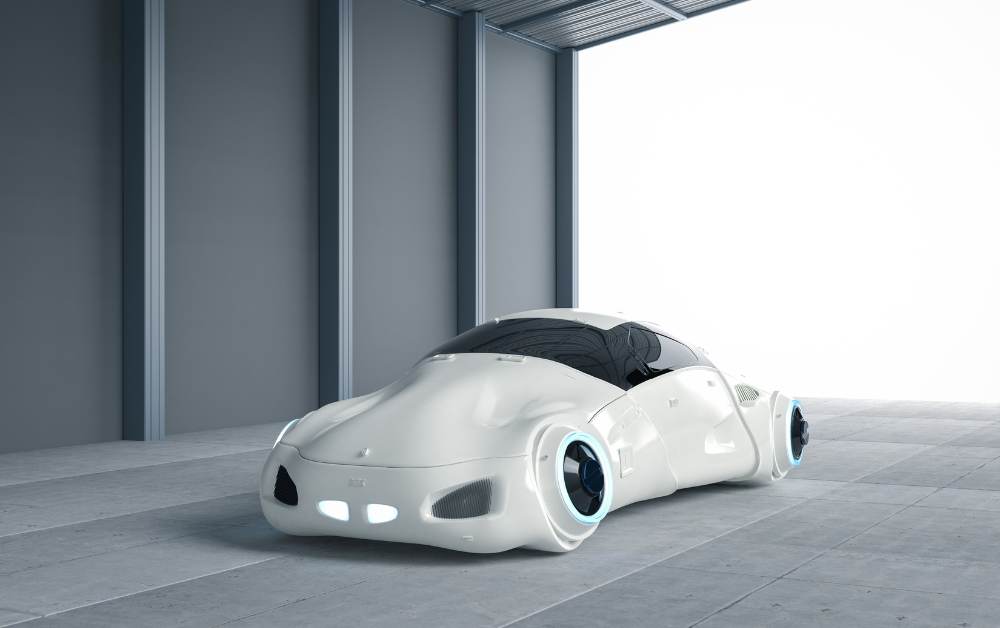Audi’s new Concept C is an electric sports coupe that combines heritage-inspired design with futuristic styling. Could this be Audi’s next iconic sports car?
Skip to content
Flash Blogs
- Ferrari Cuts Back Its 2030 Electric Car Goals
- Ferrari Confirms: V12, V8, and V6 Engines Aren’t Going Anywhere Anytime Soon
- IndyCar’s 2026 Schedule Brings NASCAR Collaboration, New Street Races, and a Laguna Seca Finale
- Mercedes-AMG’s Electric Grand Tourer: The Two-Door EV We’re All Waiting For
- Toyota Plans Two New Electric SUVs for the U.S., Inspired by Land Cruiser and RAV4
- The Lexus IS Gets a Third Major Facelift for 2026 – Here’s What’s New
- Apollo Evo: The Exclusive 800-HP Hypercar Limited to Just 10 Units
- Ford Issues Recall of 1.46 Million Vehicles Over Backup Camera Failures
- Stellantis Recalls Dodge Charger Daytona and Jeep Wagoneer S EVs Over Roll-Away Risk
- Ford Performance Rebrands as Ford Racing: A New Era in Motorsports
- Volvo V90 Cross Country Discontinued: Limited Stock Still Available
- Audi Concept C: The Electric Sports Coupe That Could Redefine Audi’s Future
- Chase Briscoe’s Back-to-Back Southern 500 Victory at Darlington Locks Him Into Round of 12
- Nissan Faces Class Action Lawsuit Over Variable Compression Engine Failures
- Jaguar Type 00: A Glimpse Into the Future of Automotive Design
- Porsche May Add Virtual Gear Shifts to Future EVs
- Forza Horizon 6 Rumors: Could Japan Finally Be the Next Destination?
- Christian Rasmussen Claims First IndyCar Victory at Milwaukee Mile
- 2026 Jeep Grand Cherokee Returns With Boxy Design and Hybrid Power
- California May Launch Its Own EV Incentive Program Amid End of Federal Subsidies
Thursday, October 16





